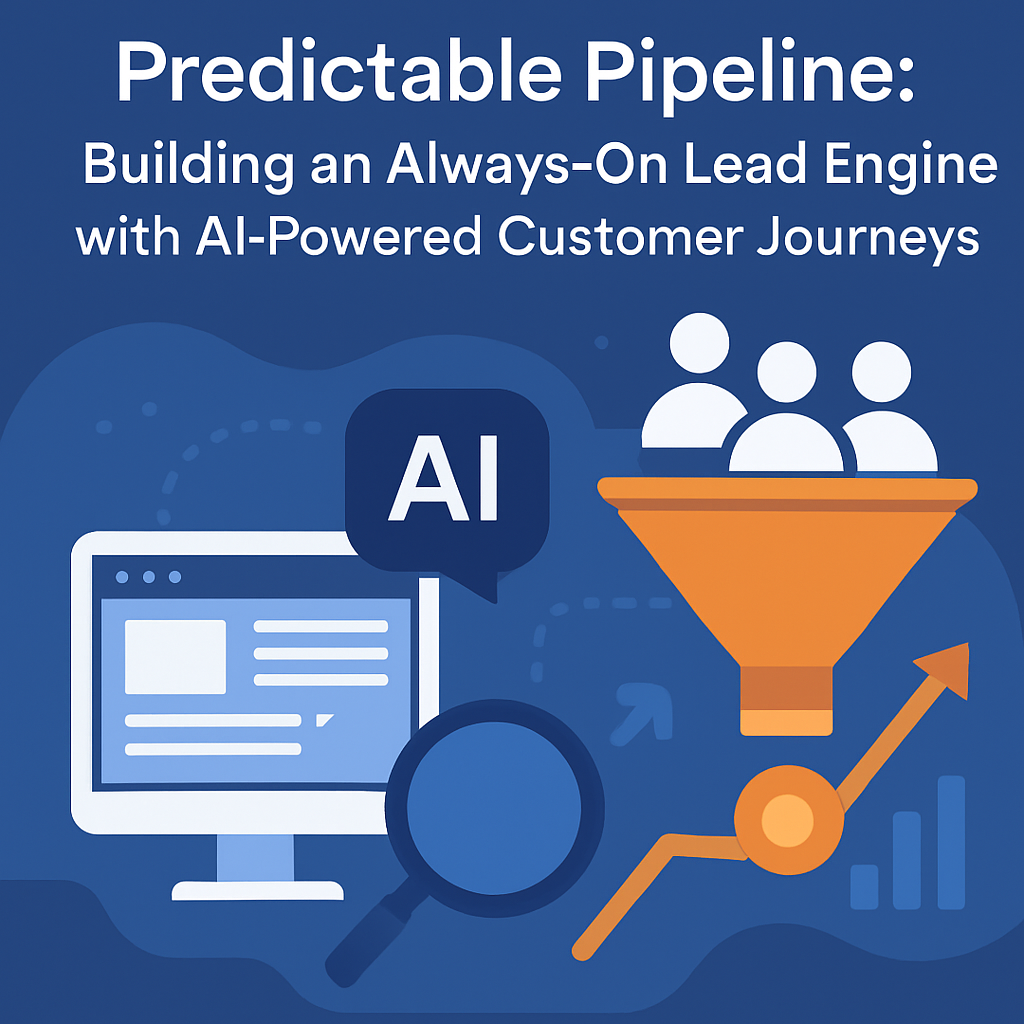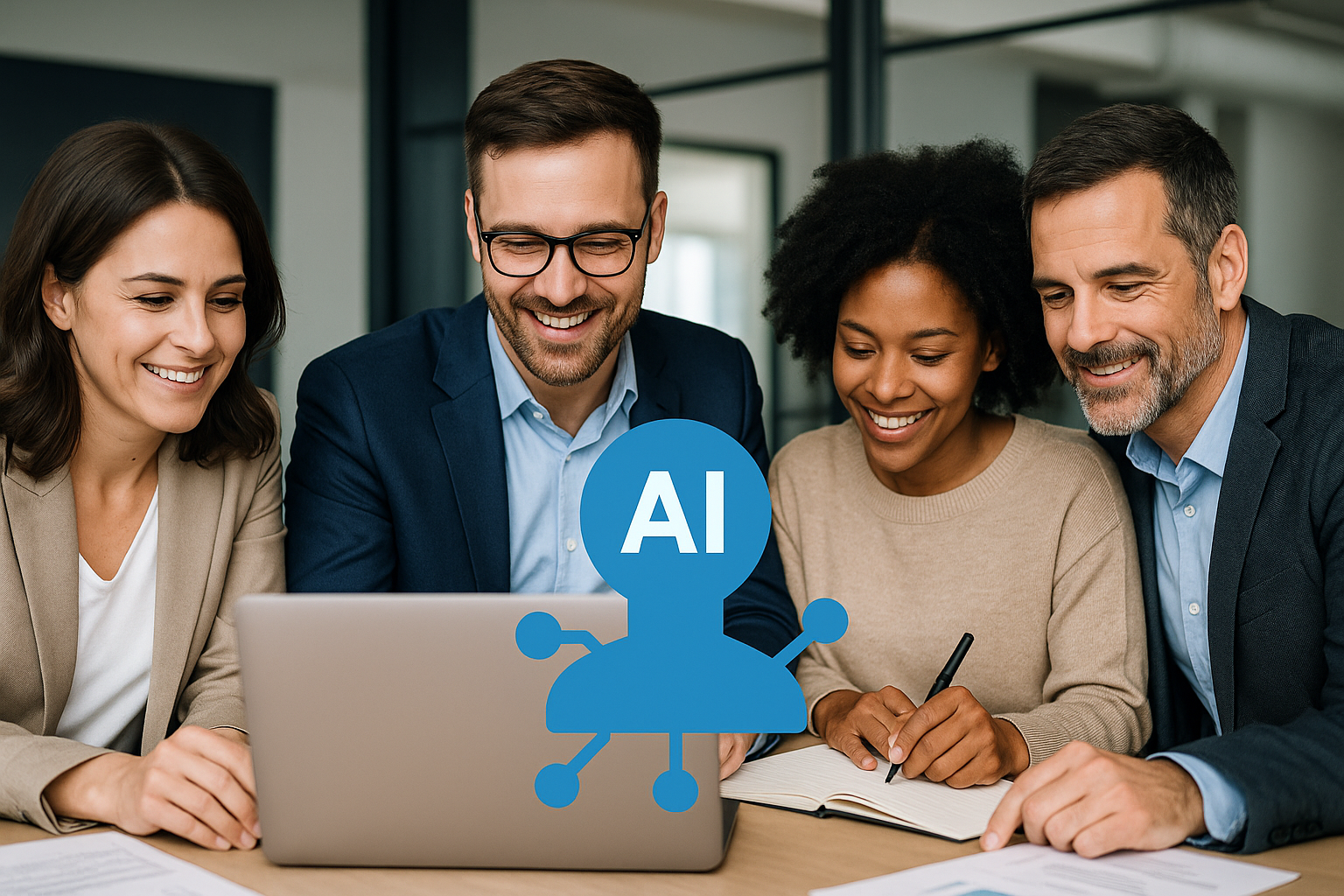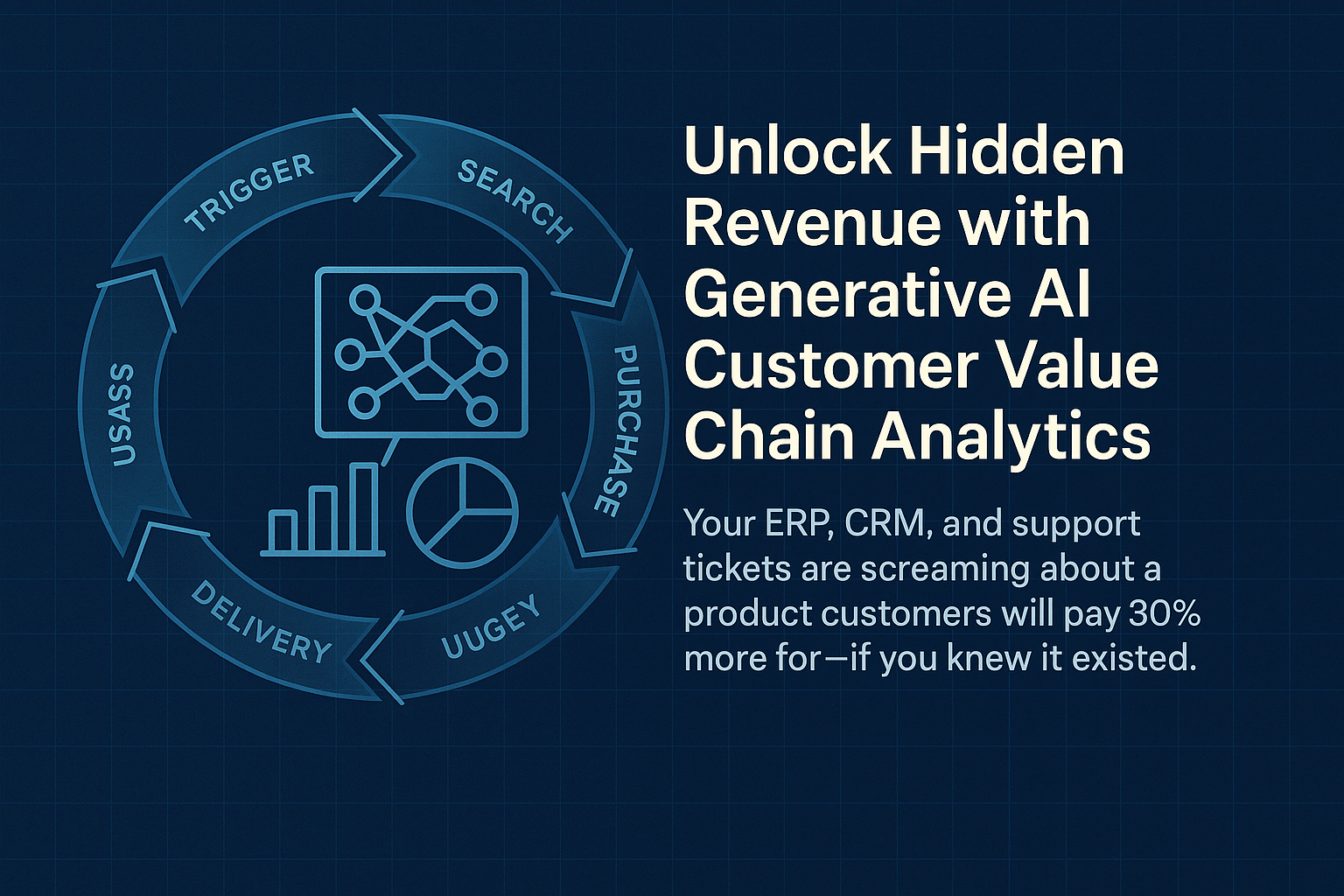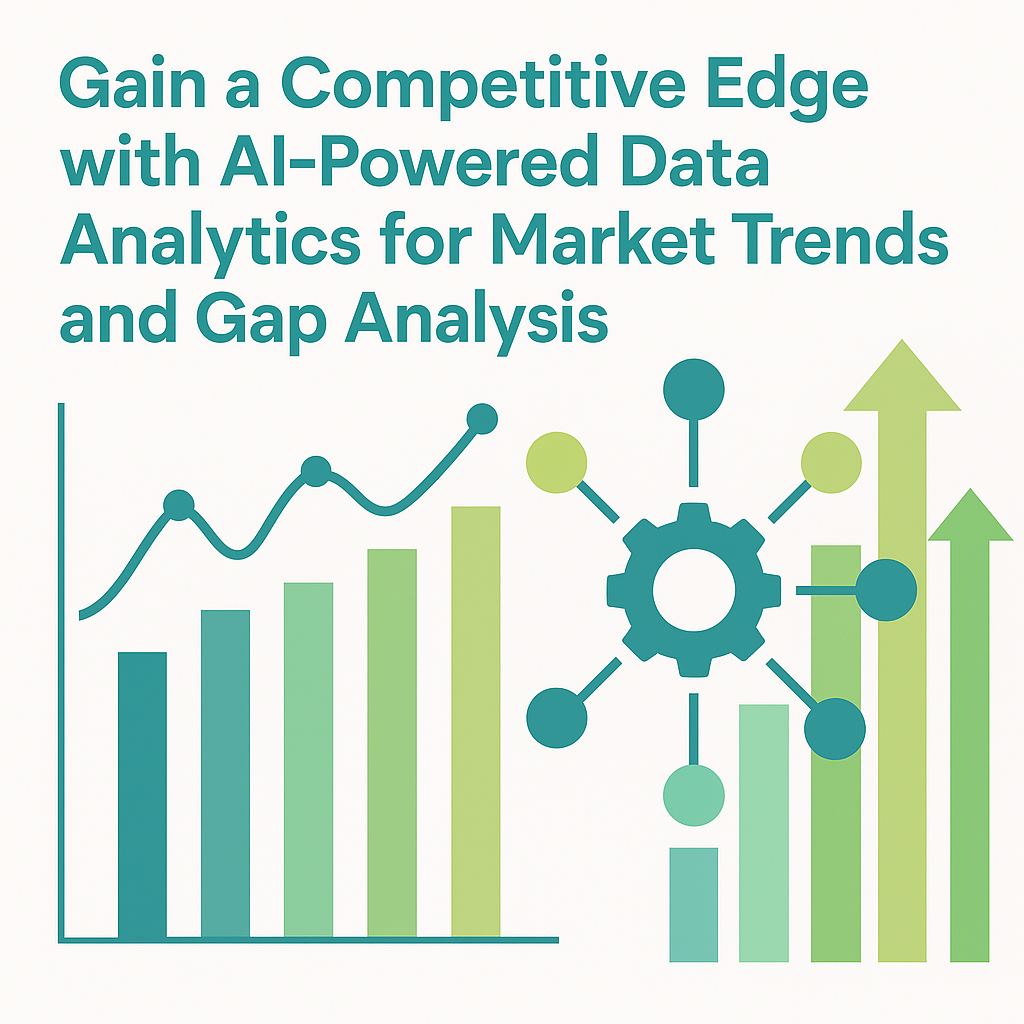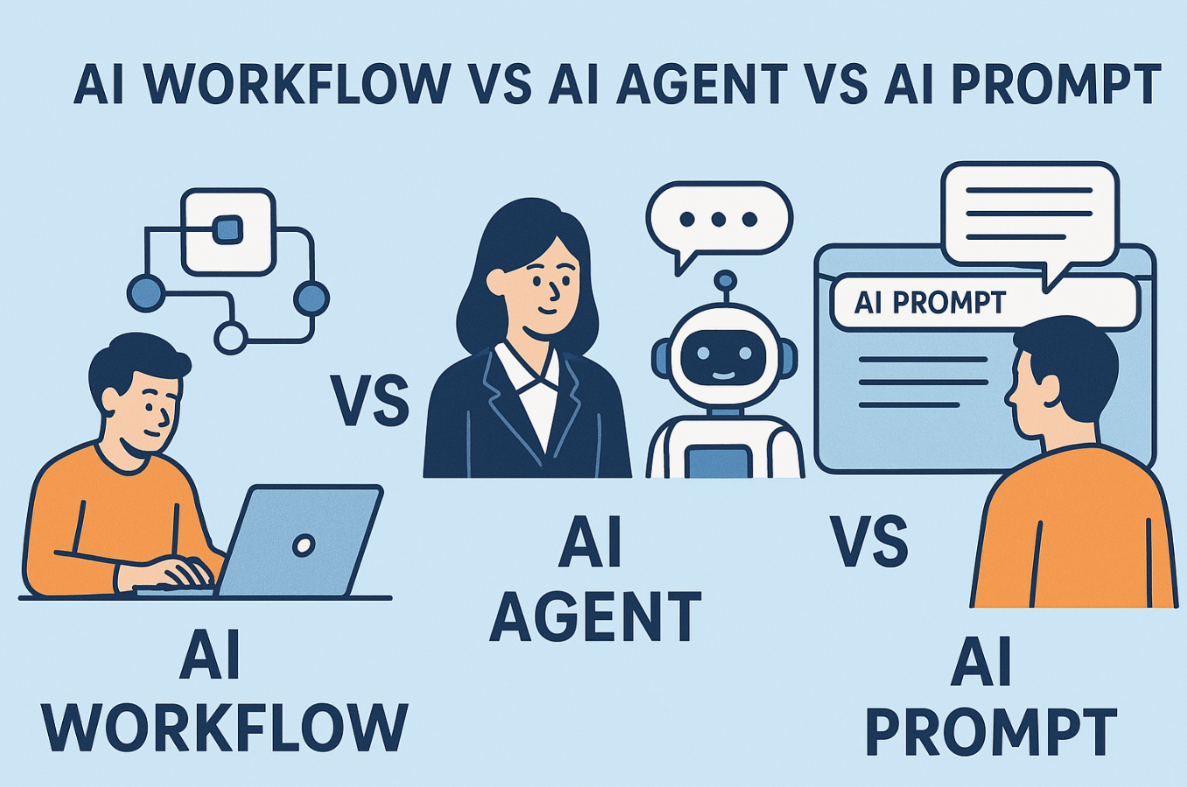Staying competitive means understanding consumer behavior. This article provides AI Consumer Behavior Insights and offers valuable strategies for harnessing the power of AI to transform consumer habits and drive business growth.
AI Consumer Behavior Insights reveal that AI is beginning to affect consumer behavior as consumers start experiencing personalized recommendations, enjoying more efficient customer service interactions, and developing preferences based on AI-generated content. Businesses can leverage these emerging trends to influence and engage their customers effectively.
Key Takeaways
- Embrace AI Integration: AI technologies are becoming integral to consumer experiences; embrace them to stay competitive.
- Focus on Personalization: Use AI to deliver personalized experiences that meet individual consumer needs.
- Optimize Customer Service: Implement AI-driven solutions to enhance efficiency and satisfaction.
- Leverage Data Analytics: Utilize AI for deeper insights into consumer preferences and market trends.
- Adopt Strategic AI Solutions: Invest in AI tools and training to maximize the benefits of AI consumer behavior insights.
We’ve only scratched the surface of how AI is reshaping consumers’ interactions with brands. Keep reading to discover more detailed strategies and real-world applications of AI that can elevate your business to new heights.
Table of Contents
The Rise of AI in Consumer Behavior
Integrating AI into everyday consumer experiences rapidly transforms how people interact with brands. AI technologies like machine learning, natural language processing, and predictive analytics are becoming commonplace, providing new ways for consumers to engage with products and services.
For example, AI-powered recommendation engines, such as those used by Amazon and Netflix, analyze consumer behavior to suggest products or content tailored to individual preferences. This level of personalization is becoming the norm, setting higher expectations for consumer experiences.
According to a McKinsey report, businesses that extensively use AI to enhance their operations report a 3-15% increase in revenue. This trend underscores the importance of understanding AI consumer behavior insights to stay ahead of the competition.
AI Consumer Behavior Insights: A New Era of Personalization
One of the most significant impacts of AI on consumer behavior is the ability to deliver highly personalized experiences. AI consumer behavior insights allow businesses to understand individual preferences and tailor their offerings accordingly.
Examples of Personalization
Local Healthcare Providers: AI-driven health platforms now use machine learning to predict patient needs before appointments, offering proactive care recommendations based on analysis of patient data trends. This kind of anticipatory service was not possible before AI.
B2B Services: AI-enhanced CRM systems, like those offered by Salesforce, use deep learning to provide predictive lead scoring and personalized email content generation. These systems can predict the best time to contact a client and the most effective messaging, significantly increasing engagement rates.
Trades and Home Services: AI tools like Homeserve’s chatbot use natural language processing to offer personalized maintenance tips and reminders based on a customer’s home’s specific equipment and service history. This level of tailored interaction goes beyond traditional customer service capabilities.
Transforming Customer Service with AI
AI is revolutionizing customer service by making it more efficient and responsive. AI-driven customer service solutions, such as chatbots and virtual assistants, handle routine inquiries, freeing up human agents to tackle more complex issues.
Impact on Customer Service
- 24/7 Availability: AI-powered chatbots provide round-the-clock support, ensuring customers can get help anytime at a fraction of the cost of live 24-hour support.
- Quick Resolution: AI systems can quickly resolve common issues, reducing wait times and improving customer satisfaction.
- Consistent Service: AI ensures consistent service quality, as it doesn’t suffer from fatigue or mood swings.
- Personalized Interaction: Modern AI chatbots are equipped with natural language processing and machine learning capabilities, allowing them to adopt different personalities and personas, creating more engaging and human-like interactions.
Real-world examples include Lemonade Insurance, which uses an AI chatbot named Maya. Maya not only handles customer inquiries but also processes insurance claims in minutes. By understanding the context and nuances of customer conversations, Maya can engage with customers in a friendly, empathetic manner, creating a more personal and satisfying customer experience.
Understanding Consumer Preferences Through AI
AI consumer behavior insights offer businesses a deeper understanding of consumer preferences, enabling more targeted marketing efforts. By analyzing vast amounts of data, AI identifies patterns and trends that human analysis might miss, making the process more efficient and effective.
Role of Data Analytics
- Market Segmentation: AI makes market segmentation more precise and efficient by quickly analyzing large datasets that combine both historical and real-time data. This allows businesses to create highly specific customer segments based on behaviors and preferences that traditional methods might overlook.
- Trend Prediction: AI improves trend prediction by continuously processing past and current data. This enables businesses to anticipate changes and rapidly adapt their strategies. This real-time analysis helps companies stay ahead of market shifts and consumer demands.
- Customer Feedback: AI enhances customer feedback analysis by evaluating data from various sources, such as social media, reviews, and surveys. Advanced sentiment analysis can detect subtle emotional cues and recurring themes, providing deeper insights that guide improvements and innovations.
For example, a local dental practice can use AI-driven analytics to understand patient preferences and behaviors better. AI tools can segment patients based on their treatment history and engagement levels, predict emerging needs such as trends in cosmetic dentistry, and analyze feedback from follow-up surveys and online reviews to improve patient care and satisfaction.
Strategies to Leverage AI Consumer Behavior Insights
To effectively leverage AI consumer behavior insights, businesses need to adopt specific strategies that align with their goals and resources. These strategies will help maximize the benefits of AI and drive business growth.
Practical Strategies
- Implement Comprehensive Training Programs: Ensuring staff are well-trained in using AI tools is vital for maximizing their potential. Training programs should cover the basics of AI prompting, its applications, and how to interpret and test AI-generated information. Always double-check the information for accuracy.
- Collaborate with AI Experts: Partnering with AI experts can help businesses implement and optimize AI solutions tailored to their unique needs. A B2B service provider, for instance, could work with an AI consultancy to integrate AI-driven automation and CRM systems that enhance client engagement by predicting client needs and personalizing communication. This collaboration ensures the AI tools are effectively aligned with business objectives.
- Start Small and Scale: Businesses should start with small AI projects to test and refine their approach before scaling up. For example, a local HVAC company might begin by using AI chatbots for customer service inquiries and then expand to using AI for predictive maintenance scheduling. This approach allows for manageable implementation and adjustment based on initial results.
- Focus on Data Quality: High-quality data is essential for effective AI applications. Businesses must ensure they are collecting accurate and comprehensive data. A B2B service firm might implement robust data management practices to ensure their AI tools can access reliable data, enhancing the accuracy of AI-driven insights.
Future Trends and Predictions
Increased Automation: Expect greater automation of routine tasks, allowing employees to focus on more strategic activities.
Enhanced Personalization: AI will continue to refine personalization techniques, providing even more tailored experiences. Businesses can offer highly customized products and services based on deeper consumer insights.
Data-Driven Decisions: Businesses will increasingly rely on AI-generated insights to improve accuracy and efficiency. This trend will lead to more informed strategic planning and competitive advantage.
Turning AI Consumer Insights into Business Innovation
Understanding and leveraging AI consumer behavior insights is crucial for businesses looking to thrive in a rapidly evolving digital landscape. By staying informed and adopting AI-driven strategies, businesses can enhance consumer engagement and drive sustainable growth.
For more detailed strategies and to explore how our services can help your business leverage AI, schedule a strategy session with us at Inkyma. Partner with us to implement AI solutions tailored to your unique needs and goals, ensuring you stay ahead in this competitive market.
How can small businesses start integrating AI into their operations?
Small businesses can start integrating AI by identifying key areas where AI can provide the most value, such as customer service, marketing, and sales. Begin with small-scale projects like implementing AI chatbots for customer inquiries or using AI-driven email marketing tools. Invest in training for staff to ensure they understand how to use AI tools effectively. Partnering with AI experts or consultants can also help in selecting and implementing the right AI solutions tailored to the business’s specific needs and goals.
What are the key benefits of using AI for personalized marketing?
The key benefits of using AI for personalized marketing include enhanced customer engagement through tailored content, improved customer satisfaction by addressing individual preferences, and increased conversion rates due to more relevant marketing messages. AI analyzes vast amounts of data to identify patterns and trends, allowing businesses to deliver highly targeted and timely promotions. This leads to a more personalized customer experience, which can foster loyalty and drive repeat business.
How does AI improve customer service efficiency?
AI improves customer service efficiency by automating routine tasks and providing instant responses to common inquiries through chatbots. These AI-driven systems are available 24/7, ensuring customers can get help anytime. AI also helps in routing complex issues to the appropriate human agents faster and provides them with context and relevant information, reducing resolution times. Additionally, AI can analyze customer interactions to identify areas for improvement, leading to more consistent and high-quality service.





